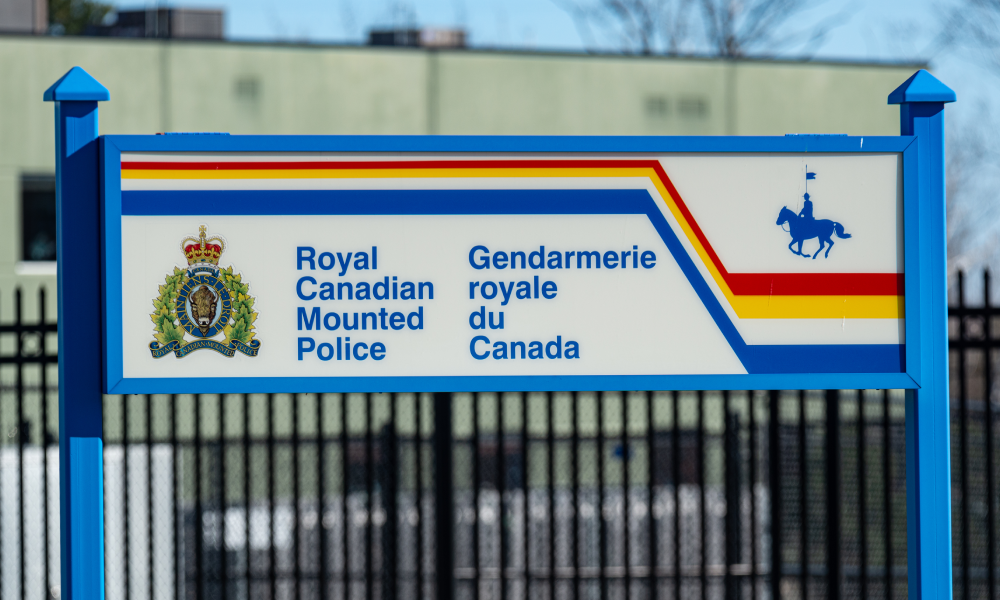
In 2017, appellate court reaffirmed journalists’ rights to be at protests subject of injunction

The Canadian Association of Journalists has urged courts to limit the powers of police agencies when issuing injunctions in response to a recent incident where the Royal Canadian Mounted Police stopped media outlets from accessing an enforcement site.
On Apr. 1, the Supreme Court of British Columbia granted the RCMP broad powers to enforce an injunction that would remove demonstrators and ban the obstruction of logging by Surrey-based forestry company Teal-Jones of an old-growth forest, said the association in its statement.
Numerous journalism outlets that had set out to report on the story later told the association that the RCMP had placed a checkpoint at the McClure Forest Service Road and temporarily prevented journalists from accessing the protest site at the Fairy Creek watershed near Port Renfrew, B.C., on May 17. One board member of the association recorded the relevant conversation.
The association noted that the RCMP had previously promised to engage in reasonable efforts to allow recognized media to access the enforcement site. When the association reached out to the RCMP to relay its concerns, the RCMP said that journalists could now return and access the area.
In the statement, the association said that most injunctions include a clause that vests police with broad discretionary powers to detain or to arrest those who breach the order or those who interfere with police actions. While injunctions contain this clause to enable police to remove demonstrators, the police have used this clause to deny journalists access, arrest them, or detain them, said the association.
“Since they have not shown an ability to handle the powers, the only solution we can think of is to respectfully ask the courts to limit those powers,” said Brent Jolly, the Canadian Association of Journalists president, in the statement.
The RCMP and other police agencies have repeatedly disregarded basic civil liberties found in the Canadian Charter of Rights and Freedoms by denying journalists access to an area where the police were enforcing an injunction against demonstrators and by detaining and harassing journalists who attempted to report on the enforcement of injunctions, Jolly said.
The association emphasized that, back in December 2017, the Court of Appeal of Newfoundland and Labrador reaffirmed the rights of journalists to be present at demonstrations, even if there is an injunction being enforced and even if the demonstration is occurring on private property.
“It’s becoming a disturbing pattern, and perhaps, the only way to stop it is to ask the court to clip their wings,” said Jolly.